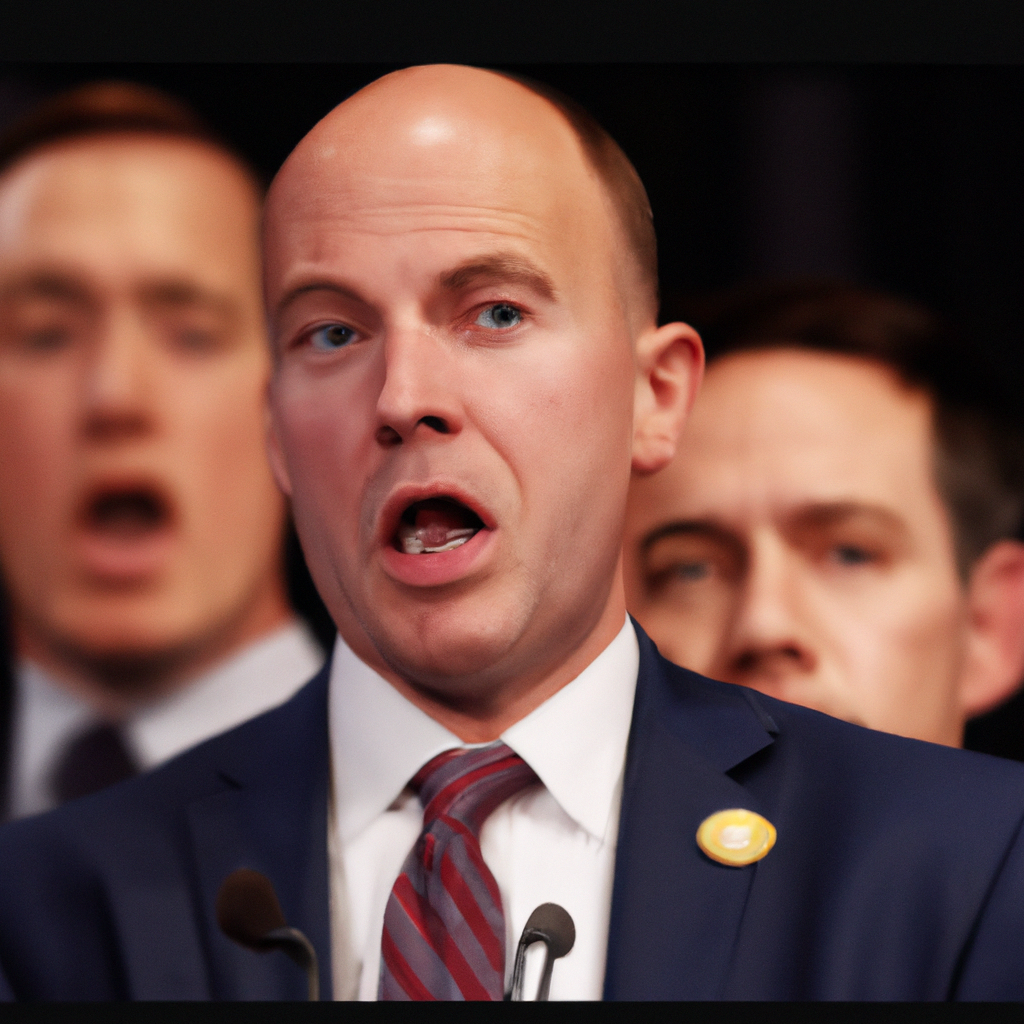Read in your native language
english german italian french spanish mandarin arabic portuguese russian japanese
Leadership Crisis in the Conservative Party: A Detailed Analysis
The current political landscape within the Conservative Party is marked by a leadership vacuum following the party's historic defeat in the recent general election. Rishi Sunak is set to remain the leader until a successor is announced on 2 November. The contenders for the leadership position include notable figures like Suella Braverman, James Cleverly, Robert Jenrick, Dame Priti Patel, Mel Stride, and Tom Tugendhat, each bringing their own unique perspectives and challenges as they navigate this turbulent period.
Perspectives of the Involved Parties
1. Rishi Sunak
- Benefits: Continuing leadership allows for stability and a chance to unite the party while addressing the challenges ahead.
- Risks: Prolonged leadership could detract from a faster transition to new leadership, causing further frustration among party members.
- Losses: If poor decisions are made in the interim, Sunak could face larger backlash from both party members and the electorate.
2. Suella Braverman
- Benefits: High approval ratings within the party position her as a viable candidate for the leadership role.
- Risks: Her controversial statements on social issues may alienate broader voters.
- Losses: If she fails to gain support from moderate members, her chances of winning diminish.
3. James Cleverly
- Benefits: Experience in multiple cabinet roles provides a robust platform for leadership.
- Risks: Past gaffes could undermine his credibility as a leader.
- Losses: If public perception does not improve, he may not garner enough support during the leadership election.
4. Robert Jenrick
- Benefits: His focus on addressing lost voters presents an opportunity for recovery.
- Risks: The call for an honest “diagnosis” of the party’s failures may lead to internal conflict.
- Losses: Jenrick may face backlash if he is seen as unable to deliver meaningful change quickly.
5. Dame Priti Patel
- Benefits: As a previous high-profile minister, she has substantial political capital and established networks.
- Risks: Her controversial policies may make her a divisive choice within the party.
- Losses: Previous controversies could hinder her chances if trust is a primary concern for the members.
6. Mel Stride
- Benefits: His association wth Sunak may provide him with a support network while pitching himself as a unifier.
- Risks: If he is unable to distance himself adequately from the party's recent failures, it may hurt his candidacy.
- Losses: Any perceived inadequacy in handling the situation could drastically affect his leadership prospects.
7. Tom Tugendhat
- Benefits: Positioning as a centrist could appeal to undecided voters.
- Risks: Being seen as too moderate could alienate the party's right wing.
- Losses: Failure to connect with core party members may limit his chances significantly.
Relevancy Meter
Relevancy Score: Moderate (7/10)
This score indicates that while this discussion is pertinent to the current political context, it may not hold as much historical significance as foundational events from previous generations.
Infographic Representation
Due to the constraints of this format, the information can be summarized through a basic visual representation:
- Leadership Contenders
- Suella Braverman - Right Wing Darling
- James Cleverly - First Black Foreign Secretary
- Robert Jenrick - Focused on Reform UK Voters
- Dame Priti Patel - Points-Based Immigration Advocate
- Mel Stride - Party Unifier Politician
- Tom Tugendhat - Centrist Approach
Through this analysis, it is evident that the Conservative Party faces a critical juncture, where leadership choices will have profound implications on the party’s future direction and public trust.
Keywords: Rishi Sunak, Suella Braverman, James Cleverly, Robert Jenrick, Dame Priti Patel, Mel Stride, Tom Tugendhat, political landscape, Conservative Party, leadership crisis.
Author: Andrej Dimov
Published on: 2024-07-26 21:09:56


